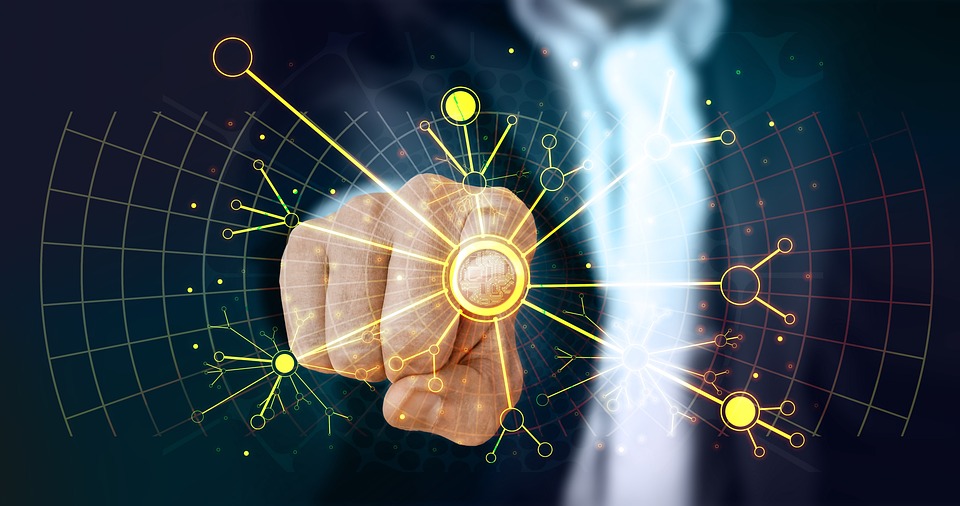Synthetic Intelligence (AI) has turn out to be an more and more prevalent and highly effective pressure in at this time’s society. Whether or not it’s within the type of self-driving automobiles, superior medical analysis, or personalised digital assistants, AI has the potential to revolutionize the way in which we stay and work. Nevertheless, with this energy comes a slew of moral dilemmas that we should grapple with.
One of many major moral dilemmas surrounding AI is the problem of privateness. As AI turns into increasingly more built-in into our day by day lives, the quantity of knowledge that’s collected and analyzed by AI programs is rising exponentially. This raises issues concerning the misuse or unauthorized entry to non-public knowledge, in addition to the potential for discriminatory decision-making primarily based on that knowledge.
One other moral dilemma is the potential for AI to perpetuate or amplify current social inequalities. AI programs are sometimes educated on historic knowledge, which can include biases and prejudices. If these biases usually are not addressed, AI programs might perpetuate systemic inequalities and discrimination, significantly in areas resembling hiring, lending, and prison justice.
Moreover, there’s the query of accountability and transparency in relation to AI decision-making. Not like human decision-making, AI algorithms are sometimes opaque and obscure. This lack of transparency makes it troublesome to carry AI programs accountable for his or her actions and selections, leaving room for potential moral breaches to go unchecked.
Moreover, the usage of AI in warfare and autonomous weapons presents a number of moral issues. The event and use of deadly autonomous weapons programs elevate questions concerning the authorized and ethical accountability for his or her actions, in addition to the potential for unintended penalties and civilian hurt.
As AI turns into extra built-in into society, it’s essential that we deal with these moral dilemmas with the intention to make sure that AI is utilized in a approach that’s moral, truthful, and helpful to all members of society.
There are a number of steps that may be taken to handle these moral dilemmas. In the beginning, there must be higher transparency and accountability in AI decision-making. This may occasionally contain creating requirements and rules for the event and use of AI programs, in addition to mechanisms for monitoring and auditing AI programs for bias and discrimination.
Moreover, there must be a higher concentrate on the moral implications of AI in training {and professional} coaching. As AI continues to advance, it can be crucial that future generations of researchers, builders, and policymakers are well-versed within the moral concerns surrounding AI.
Lastly, there must be a higher emphasis on interdisciplinary collaboration and public engagement within the growth and deployment of AI. This may occasionally contain bringing collectively specialists from various fields, resembling philosophy, ethics, regulation, and expertise, to develop moral pointers and requirements for the usage of AI.
In conclusion, the moral dilemmas surrounding AI are advanced and multifaceted, and would require a concerted effort from researchers, policymakers, and society as a complete to handle. By grappling with these moral dilemmas, we are able to make sure that AI is utilized in a approach that’s accountable, truthful, and aligned with our values.

